First review: Can Kissin and Hampson act?
Operaby Susan Hall, New York:
Address Unknown, a short 1938 novel by Katherine Kressmann Taylor, has been made into a play by Marianna Arzumanova. Mounted at Town Hall in New York by the Cherry Orchard Festival, it stars world-renowned pianist Evgeny Kissin as Max and world-renowned opera baritone, Thomas Hampson as Martin. Can these gentlemen act? We’ve seen Hampson as the Don, Germont pere, Dr. Faustus and Roald Amundsen racing to the South Pole. Now he makes his mark as Martin. Kissen has mixed poetry with piano performance.
Set in 1932-33 Germany, the work consists largely of correspondence read aloud by Max and Martin, who have been friends since school days. Gaudeamus igitur, a 13th-century student song celebrating youth, the pursuit of knowledge, friendship, and the transient beauty of life brackets the soundtrack. Kissin performs some piano music.
Max, a Jew, and Martin, an Aryan German, became business partners in the sale of paintings. Nazi propaganda may have insisted that Aryan Germans did not buy and sell for profit and loss as Jews did. Yet Max makes money selling art, and so does Martin.
Max emigrated to America. Martin remained in Munich, at first attracted to Hitler. We are accustomed to works like Tom Stoppard’s Leopoldstadt, which examine the aversion of gaze from the horrors surrounding us.
Address Unknown is unusual in its penetration of the gaze of Martin. It follows the arc of fascism. He will write to Max: “I have never hated the individual Jew. Yourself I have always cherished as a friend, but … you will know that I speak in all honesty when I say that I have loved you, not because of your race but in spite of it.” Exempting one good Jew is a dangerous feature of anti-Semitism.
Febrile ideology wrecks the friendship, as Martin moves on from a mild attraction to Hitler, asking “Is he quite sane?” and replying “I do not know.” to his adoration of “the Gentle Leader”, ready to cooperate in cutting out “the cancer” that ails the Fatherland. He then writes: “The Jewish race is a sore spot in any nation that harbors it.” Martin’s suffering as the Gestapo turns on him and his mistaken support is particularly moving.
Hampson remarks that he joined a family enterprise. Kissin’s sister-in-law and wife, Marianna and Karina Arzumanova, respectively wrote this work and acted in it. Both men speak of the importance of resting our gaze on fascism today. Musicians like Evgeny Kissin and Thomas Hampson live very much in our world and contribute to it in often surprising ways.
Susan Hall

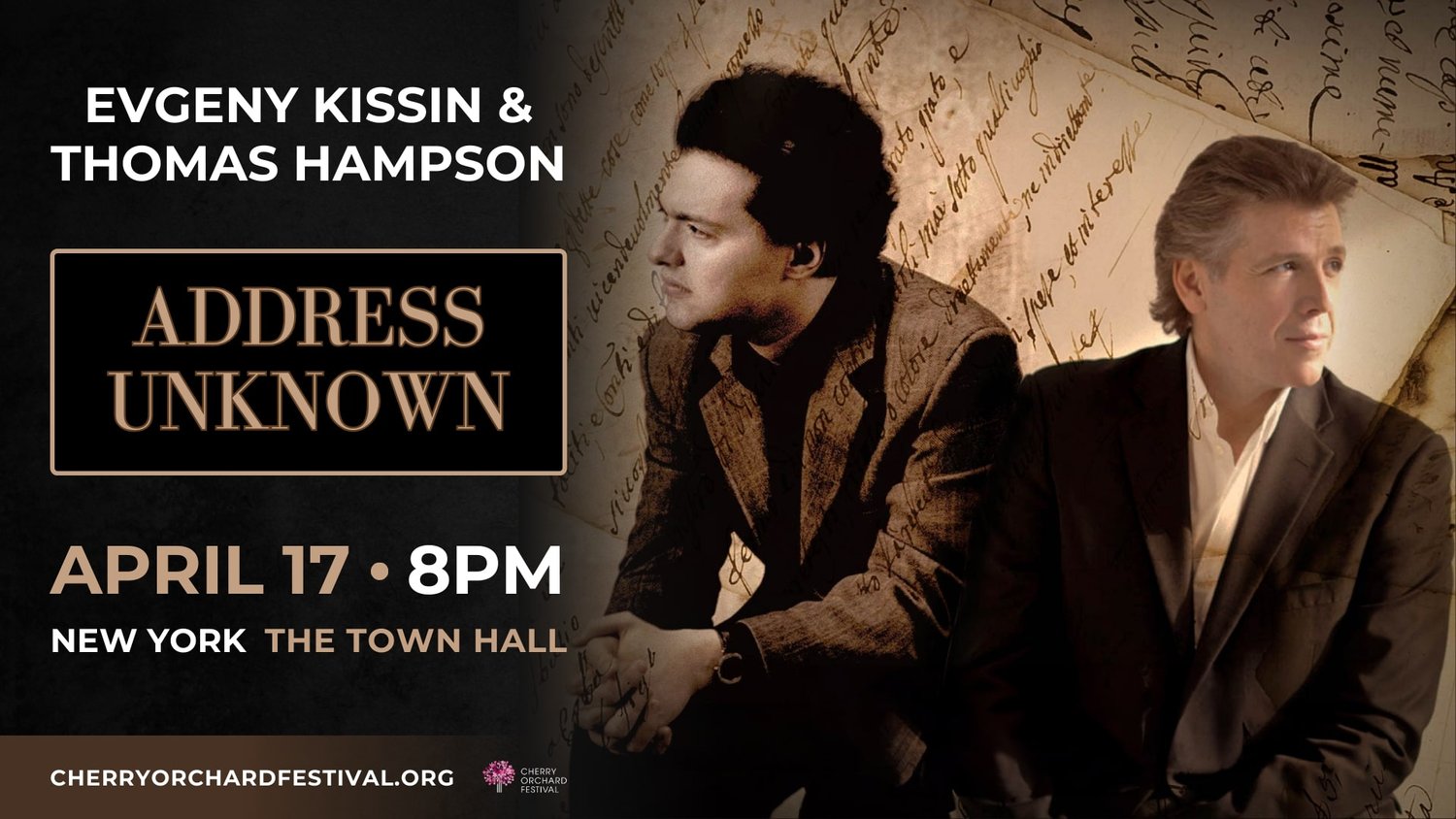
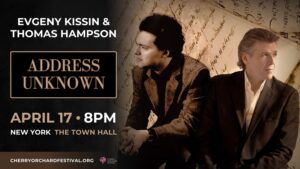
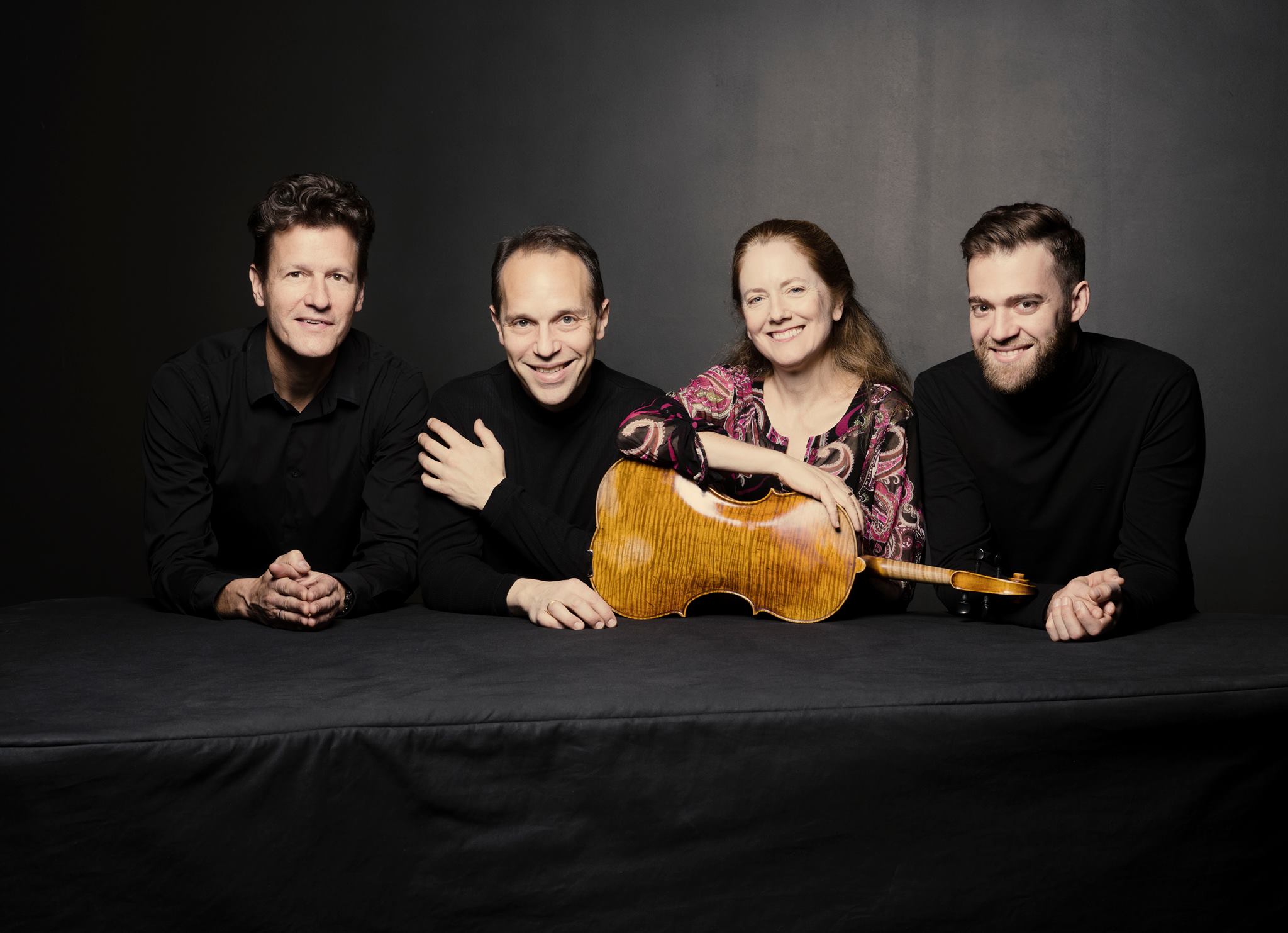
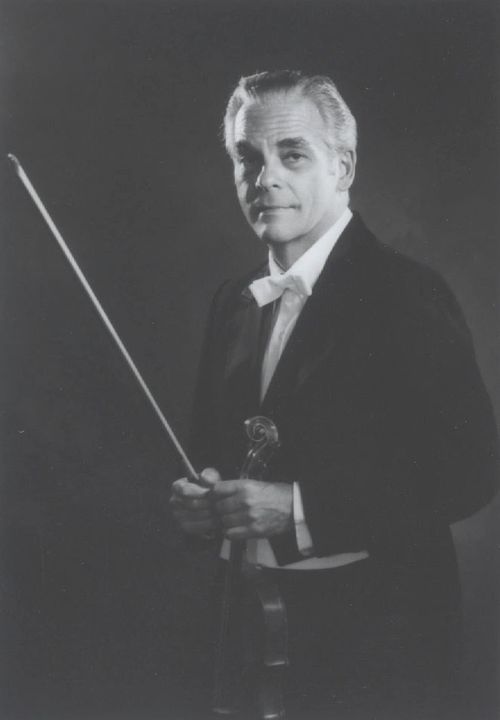
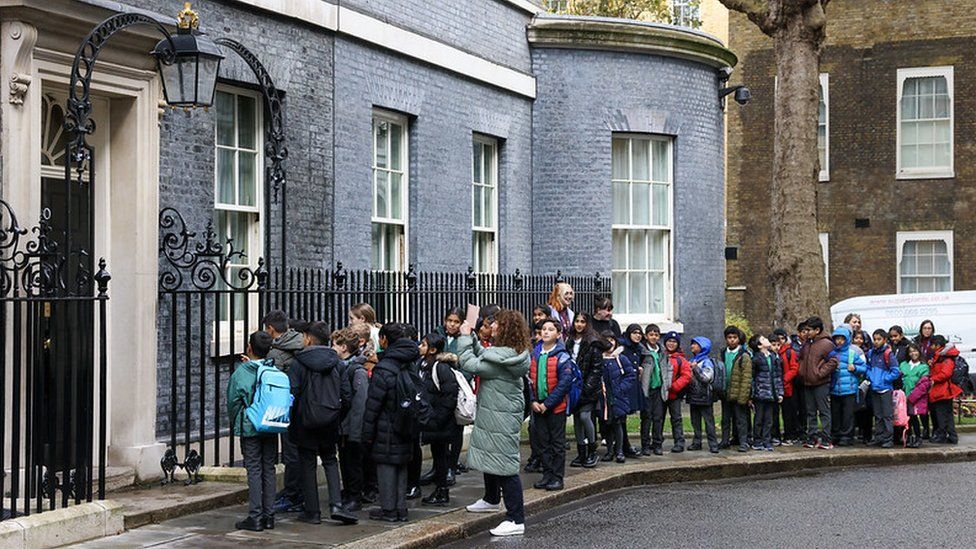
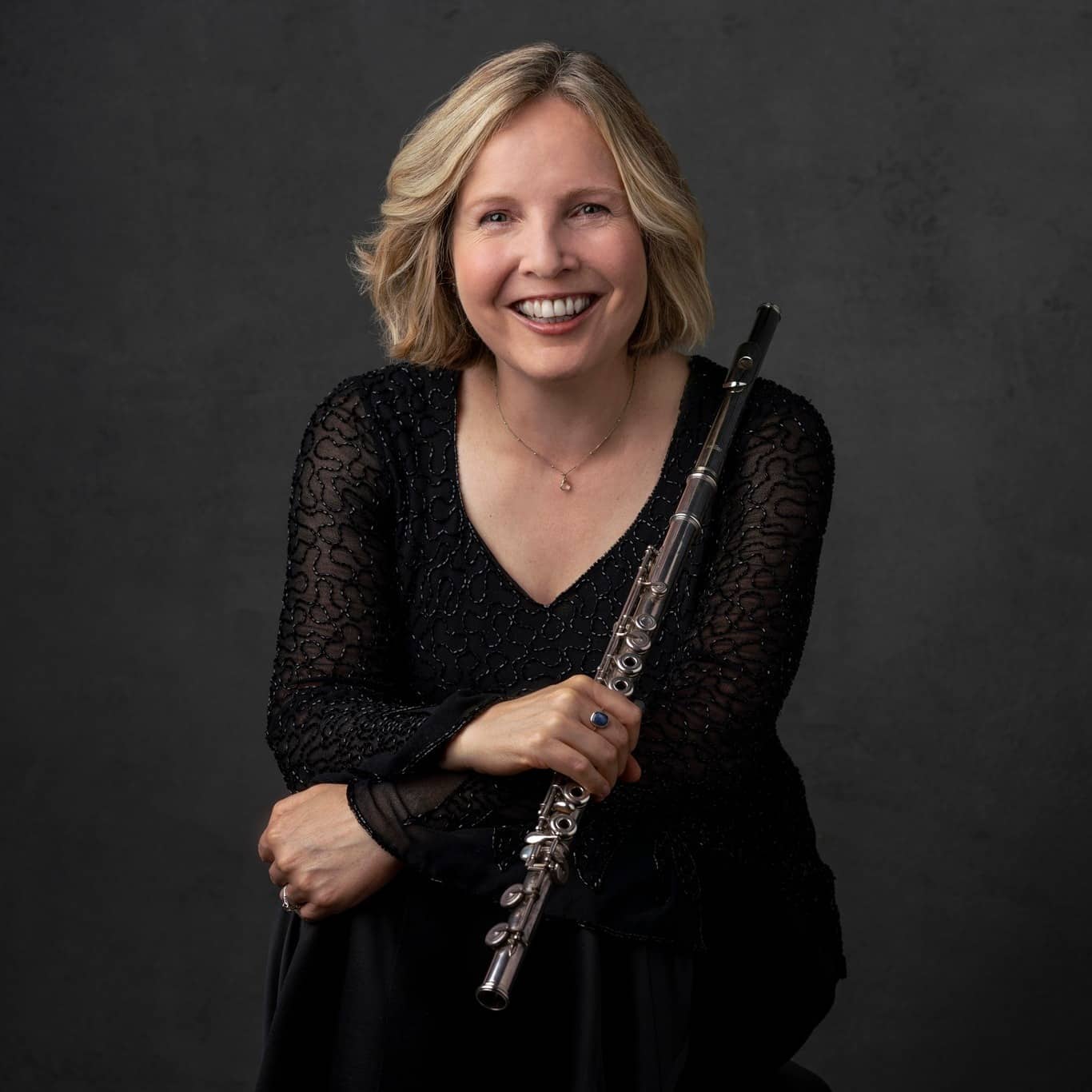
I was there. The amplification of the spoken voices and production music was at the volume of a jackhammer, through a system that looked like it was designed for rock concerts. The text therefore sounded fuzzy and distorted, and the music was much too loud. Kissin’s English is better than you would imagine, but his diction was poor. I could not understand more than half of what he said. Hampson, a native of Washington state USA, a great lieder singer, has diction to match, and he was easier to understand, although the feigned German accent he deployed was unfortunate. Under these circumstances, it would be unfair to comment on the content of the play, though its structure, a series of letters one character wrote to the other, doesn’t exactly make for thrilling theater. Based on the audience’s tepid response, I don’t think my reaction was unique.
The soundtrack included some piano music. Kissin didn’t play the piano onstage, and nowhere was he given credit for the piano part.
I was there last night as well, and I agree with everything you said. If you didn’t stay for the Q & A afterwards, you missed the furious Russian woman who, for some reason, thought she was attending a concert of the two of them and starting screaming that the whole thing was “a disgrace!” She eventually left the auditorium but I heard that she had to be physically removed from the premises…….A memorable evening indeed, but perhaps for the wrong reasons!
Filmed by William Cameron Menzies in 1943, superbly. And one of the few portrayals of Nazi oppression made in Hollywood during the War.
I’d never heard of this film, but it is on YouTube. For a short film it managed to evoke as much horror as many longer and more graphic works. I do not agree that it was filmed “superbly” — from the first shot it was clearly budget back-lot stuff — but it was well performed. It has driven me to read the book, which an IMDb review says is even more powerful.
Worth a remake. Sorry to hear this seemingly ill-advised theatrical version was less than satisfactory. One gets the impression the two miscast principals felt strongly about the content of the work, but sounds as if they had better keep their day jobs.
I have now read the book, which is stunning, and listened to the BBC radio play (available on Internet Archive), which has two stellar actors, Henry Goodman and Patrick Malahide, showing how an epistolary novel can be dramatised.
My thanks to David A. Boxwell for introducing me to these works, which I have already recommended widely.
As for the Kissin-Hampson production, I have no regrets about not being able to see it. I am just grateful to have encountered the source material and earlier adaptations.
Highly recommended — I find the parallels to things going on dangerously close to home all too chilling. In few words, this author (Kressman Taylor) demonstrates the menace of charismatic but misguided leaders and their equally misguided, aggrieved followers.
Worth taking the time: the book is 72 pages, the film 72 minutes, the play a mere 43.
I was there as well last night. Kissin has a lisp, detached, completely autistic on stage when not playing the piano. Has no acting talent nor training. It was very sad. Thomas Hampson, have no idea how did he get sucked into this disastrous venture, he acted. Well, like an opera singer would act. His fake German accent once slipped into a fake Jamaican accent, once into a West African accent, and once into a Polish accent. This was a very pathetic performance. Boring. Probably the worst ever play I have ever attended in my long life.
I was also there. The play covered familiar territory but still was very effective and moving. It is sad that commenters on SD can only find negativity in this effort. There is much to be discussed about the relativity of this play to contemporary times.The symptoms of fascism are in many countries and need to be recognized.
Nonsense, they were garbage on stage and deserve to be called out for it, let actors do the acting, not pianists with apparently little enough else to do. I was there too, and it sucked, plain and simple
The play is an important work with an important message. Yes, it requires a stronger cast – and these 2 well-meaning classical-music superstars would do better to hand these roles over to trained actors. The blame here doesn’t belong to Kissin and Hampson – but to the Cherry Orchard Festival, for mounting in every way an amateurish presentation of this work.
“can Kissin and Hampson act ?”
Answer is no. I had a complementary ticket and would have been upset to have paid for this awful night. Very well meaning but Kissin has no stage presence away from the piano and the amplification system was nasty and loud. Stay away
What an absolute and total embarrassment. Perhaps there might be some small argument for Hampson to have a side gig as a minor actor occasionally, but Kissin needs to get back to the piano, quickly, and never again dally with this nonsense. He was a total non starter, a terrified amateur trying to read his lines, about as convincingly and in the same voice as if he were reading text messages aloud backstage waiting to go on to play, or something. The Russian woman at the q&A was by far the best part of the evening as another commenter noted. This deserves & deserved to be laughed off the stage.
While it is clear that Evgeny Kissin is no actor, he can clearly do whatever he wants and the world will come to see it. Hampson was a little better, but performed with a cartoonish german accent that would have been right at home in Hogan’s Hero’s. And the play was underwhelming in its construction.
Noting all of this, something transformative still managed to happen due to the provocative and shocking nature of the letters and their surprising development. I can clearly understand why these two pinnacles in their own artistic circles wanted to step outside of where their clear talents lie to participate in something so timely whose message is just as cautionary and indicative of current events as it is in relaying the horrors and attitudes of its time.
I started out miserable, then overly critical and somehow moved from that to being intrigued by the content. In the end was glad I went and those who left early due to misguided expectations (I suffered from that, too), did themselves a disservice.
Though, I am especially glad now that I will see Kissin next week at Carnegie in his true element. This was like that palate-cleansing sorbet to help me enjoy the next performance even more – if one ever really needs that with Evgeny.
“Address Unknown” might be a great story if you never heard about Germany’s Nazi era. To stage a theatre performance of a book by Kathrine Pressman Taylor, written in 1938, – after thousands of movies, books, plays and other true event documentaries -, the relevance of tonight’s production at New York’s Town Hall can be questioned until you read in the program booklet that “a portion of the proceeds from the show will be donated to UJA New York Emergency Fund”. Considering the current turmoil in the Mid-East, this perhaps is the reason for the hyped production whose major billing consists of two classical musicians of superlative reputation who do not perform one note.
The audience is greeted by a minimalistic stage setting in black which looks like a student production of a poor neighborhood high school. The two tables, chairs and other props are set symmetrically and without any differentiation between the 2 main characters, played by pianist Kissin and baritone Hampson dressed in black. The 2 female supporting actors have no lines, but are treated as silent extras in this gloomy interpretation of the book’s plot: one as the wife of the German, the other one as the sister of the Jew who appears as a shadow image only.
While the conflict between the 2 protagonists might have been intriguing to follow from their initial friendship to the deterioration of their connection and ultimate betrayal, the performance was ultimately very dissatisfying: why using a great pianist without acting background and obvious speaking disabilities juxtaposed by a famous singer with acting potential, but with no sense of timing and emphasis of words appropriate for stage plays? Why let two theater novices not interact between each other nor play for the audience (they mainly read their pages, heads down)?
Overall, we felt deceived by the marketing (we expected the musicians to perform as such, possibly as commentary to the plot; instead we heard some cliché German Nazi bands and Gershwin etc. from the time), and the uninspired direction and staging. If this is the typical Cherry Orchard Festival production, it would be a shame!